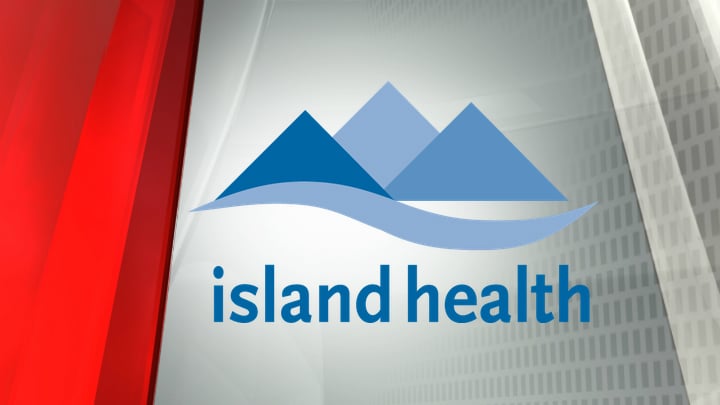

File photo.
The rate of medically assisted deaths on Vancouver Island is nearly five times higher than the rest of the country, according to a new report from Island Health.
Dr. David Robertson, the executive medical director for MAID for Island Health, co-authored the report with Dr. Rosanne Beuthin.
According to the report, there have been 504 medical assistance in dying (MAID) deaths between June 17, 2016, when medically assisted dying became legal and June 15, 2018. This total represents 3.6 per cent of all expected deaths on Vancouver Island.
Over the most recent six months, medically assisted deaths have accounted for approximately 4.1 per cent of all expected deaths.
“Two years after Bill C14 became law, MAID has developed into an available option, for the right patients, in the spectrum of end of life care. The rate of MAID deaths continues to rise,” the report reads.
In Canada, the rate has risen more slowly to 0.8 per cent in the first year. In the Netherlands, it was more than 15 years before the rate of MAID reached 3.9 per cent of all deaths in 2015.
“On Vancouver Island, this increase occurred in under a year. Reasons for this are a combination of high demand, availability of a few dedicated prescribers, and also probably demographic and social factors. BC has a long history of legal and social activism in favour of assisted dying, and the level of awareness of MAID is very high across the province,” the report reads.
Fifty seven per cent of medically assisted deaths on the island occurred at home, 26 per cent occurred in acute care hospitals, 12 per cent happened in hospice/palliative care units, three per cent occurred in residential/assisted care and one per cent in other places. That one per cent was six deaths in a hotel, clinic or funeral home. The average age of death was 76 and the gender balance was close to equal with 249 women and 255 men. No data was collected around income, education or cultural identity.
The primary underlying cause leading to a medically-assisted death was cancer. Sixty-one per cent of cases reported cancer as a factor, followed by organ failure at 19 per cent and neurodegenerative disease at eight per cent.
Of the 99 deaths that happened in the first year of MAID among Greater Victoria residents, 65 per cent were registers with the Victoria Hospice palliative care program, and 17 of these deaths took place in the Victoria Hospice facility.
From July to September 2017, the MAID Island Health co-ordination line received an average of six calls per month, predominantly from primary care clinicians, or from dying patients
seeking a prescriber.
The report says currently, the call volume has averaged 12 per month and have “increased in complexity.” The calls are mostly from patients whose family or primary care providers are not supportive of medically assisted death or patients who do not have access to the internet.
The report indicates that the approach to MAID within Island Health was to recognize that it is a patient-centred service and an established charter right, that the procedure itself is not complicated and can be carried in almost any setting and that MAID is part of a spectrum of options open to Canadians in end-of-life care.
Prior to medically assisted dying becoming legal, five physicians in Vancouver Island had received MAID training and a number of patients had gone through the assessment process. There were four medically assisted deaths in the first five days after Bill C14 passed.
The number of MAID prescribers is now 39 and 19 of those have provided MAID to date. All have described the high demand for their service and have placed limits on the distance they will travel or how they will receive referrals.
Three of the early prescribers have withdrawn because of financial compensation concerns and pressure of the demand.
As for MAID assessments, there are a total of 252 physicians and nurse practitioners have completed assessments. Seventeen nurse practitioners have been trained as assessors.
“The demand for MAID from the population is not being met. There is broad support for access to MAID among family physicians. There are too few prescribers on Vancouver Island,” the report concludes.




